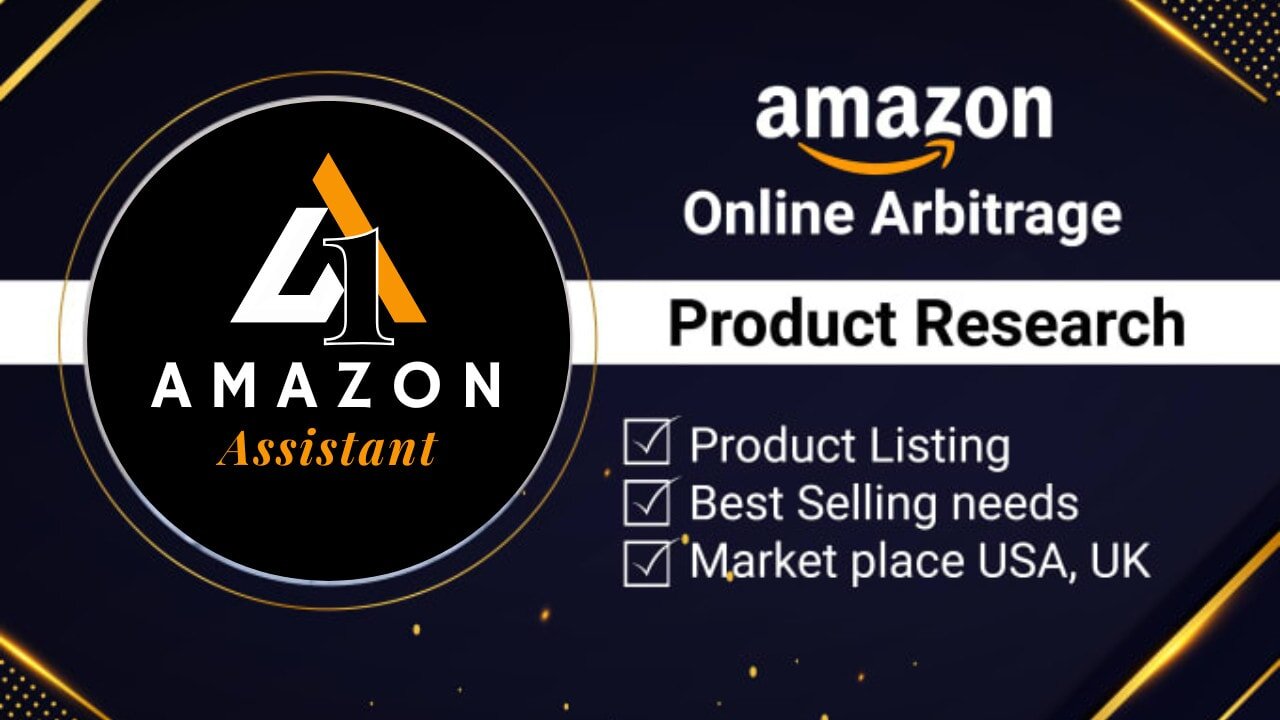Premium Only Content

03. How To Use Source Mogul _ Test Analysis of Acme Tools_[Urdu
Amazon online arbitrage is a business model in which individuals or companies buy products from online retailers at a lower price and then resell them on Amazon at a higher price, earning a profit in the process. This practice leverages price discrepancies, deals, and discounts found on various online platforms to capitalize on the difference between the purchase and selling prices.
The process of Amazon online arbitrage typically involves several key steps:
Product Sourcing: Arbitrageurs search for products across different online marketplaces, such as Walmart, eBay, Target, and other retailers, to find items with a significant price difference. They often utilize specialized tools and software that help identify profitable opportunities.
Market Analysis: Before purchasing any product, thorough research is conducted to analyze demand, competition, and pricing on Amazon. This step is crucial to ensure there is enough demand for the product and that the potential profit margin is sufficient to justify the effort and cost.
Price Comparison: Arbitrageurs compare the prices of the products they find on other online platforms with the corresponding listings on Amazon. They factor in Amazon's fees, shipping costs, and other expenses to estimate the potential profit.
Purchase and Reselling: After identifying a profitable product, the arbitrageur buys it from the original retailer and then lists it on Amazon at a higher price. They may also consider fulfilling the orders themselves or using Amazon's fulfillment service, known as FBA (Fulfillment by Amazon), where Amazon handles the storage, packaging, and shipping of the products.
Managing Inventory: Successful arbitrageurs keep track of their inventory levels and monitor the market to adjust prices or make decisions about restocking. This requires maintaining a balance between having enough inventory to meet demand and not holding onto unsold products for too long.
Dealing with Competition: The Amazon marketplace can be highly competitive, with other sellers using similar arbitrage strategies. To stay ahead, successful arbitrageurs may differentiate themselves through excellent customer service, product bundling, or creating unique product listings.
Advantages of Amazon Online Arbitrage:
Low Startup Costs: Unlike traditional retail businesses that require significant capital for inventory, online arbitrage allows entrepreneurs to start with a relatively small investment.
Wide Product Selection: With access to numerous online retailers, arbitrageurs can find a wide variety of products to sell on Amazon, increasing their chances of finding profitable opportunities.
Flexibility and Scalability: Online arbitrage can be done from anywhere with an internet connection, providing individuals with the flexibility to work from home or while traveling. Additionally, successful arbitrageurs can scale their business by expanding their product offerings and reaching a broader customer base.
Minimal Marketing Effort: Unlike starting a brand from scratch, where significant marketing efforts are required, Amazon already has a vast customer base, which reduces the need for extensive marketing.
Challenges and Risks:
Competition: The popularity of online arbitrage has led to increased competition on Amazon. As more sellers adopt this model, finding profitable opportunities becomes more challenging.
Price Fluctuations: Prices on online platforms can change rapidly, impacting potential profit margins. Failing to keep up with market fluctuations may lead to reduced profits or even losses.
Policy Violations: Amazon has strict policies and guidelines for sellers, and violating them can result in account suspension or closure. Ensuring compliance is crucial for the long-term sustainability of an arbitrage business.
Inventory Management: Balancing inventory levels and avoiding long-term storage fees with FBA can be challenging. Overstocking or holding slow-selling items can tie up capital and reduce overall profitability.
Counterfeit and Inauthentic Products: Some online retailers may inadvertently sell counterfeit or inauthentic products. Selling such items on Amazon can lead to negative reviews, returns, or account suspensions.
Conclusion:
Amazon online arbitrage can be a profitable venture for those who have a keen eye for spotting deals, a strong understanding of the Amazon marketplace, and the ability to adapt to changing market conditions. It is a business model that requires continuous research, analysis, and attention to detail to remain competitive in a dynamic e-commerce environment. Like any business, it comes with its challenges, but with the right approach and dedication, Amazon online arbitrage can offera rewarding and sustainable income stream.
-
 LIVE
LIVE
GritsGG
4 hours agoRanked Top 70! Most Wins in WORLD! 3744+!
53 watching -
 1:52
1:52
NAG Daily
4 days agoTHE BIGGEST CREATOR COLLAB SHOW ON RUMBLE W/GreenMan Reports
4.81K2 -
 LIVE
LIVE
Tundra Tactical
2 hours agoProfessional Gun Nerd Plays Battlefield 6
156 watching -
 55:25
55:25
Dad Saves America
6 hours ago $1.26 earnedWill China Overtake America? Balaji Srinivasan VS Steve Bannon on the Trade War
11.9K4 -
 LIVE
LIVE
Red Pill News
3 hours ago100’s of Billions In Gov Fraud Exposed on Red Pill News Live
4,058 watching -
 1:05:40
1:05:40
vivafrei
4 hours agoWicked Witches of the Psaki! The Party of Criminals and Liars! LIVE FROM SWITZERLAND!
99.4K43 -
 34:54
34:54
Michael Franzese
3 hours agoFormer Capo REVEALS: What My Life Was Really Like in the Mob
35.9K9 -
 LIVE
LIVE
LFA TV
20 hours agoLIVE & BREAKING NEWS! | WEDNESDAY 10/22/25
1,000 watching -
 1:39:22
1:39:22
freecastle
7 hours agoTAKE UP YOUR CROSS- Now may the Lord of peace himself give you peace AT ALL TIMES in every way!
11.4K5 -
 1:32:15
1:32:15
Redacted News
3 hours agoWW3 Alert! "No more talk!" Putin is ready to DESTROY what's left of Ukraine | Redacted News
102K101